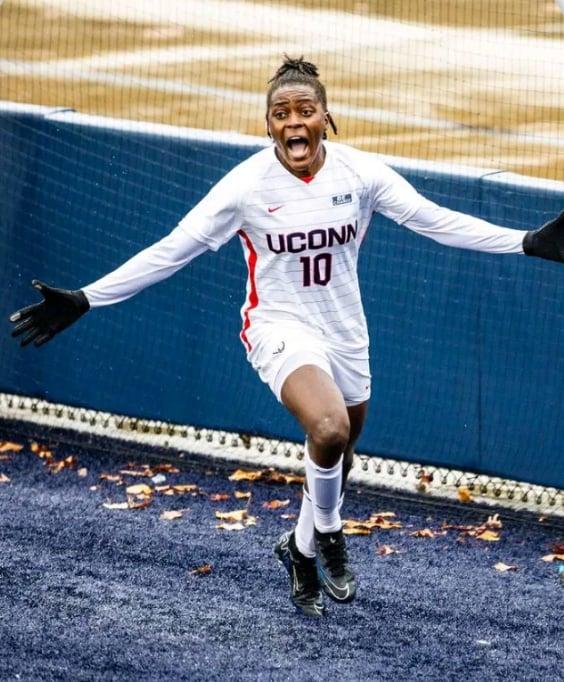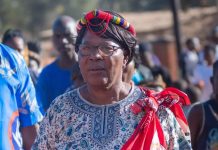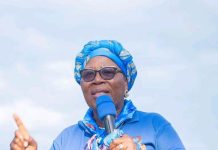Africa-Press – Malawi. In a stinging blow to Malawi’s women’s football ambitions, USA-based striker Chioma Okafor has rejected a call to play for Malawi, choosing instead to represent Nigeria at international level—despite being born on Malawian soil.
The Football Association of Malawi (FAM) had been working behind the scenes to secure Okafor’s allegiance for the Scorchers, hoping her Nigerian-Malawian heritage and top-tier experience in the United States could bolster the national team. But those efforts have ended in disappointment.
Okafor, who currently plays for the University of Connecticut, was born in Malawi to a Nigerian father and a Malawian mother. She has never played for Malawi at any level. Though she was initially invited for Malawi’s international friendlies against Zambia in February this year, she pulled out citing academic commitments. It has now become clear that her interests lay elsewhere.
In a statement released by FAM, the association confirmed that after discussions with the player’s parents on 18th June 2025, it was officially informed that Okafor had committed her future to Nigeria. “FAM received official communication from the Nigeria Football Federation indicating Okafor’s commitment to play for the West African nation,” reads the communiqué. “FAM engaged the parents and the player, who have confirmed her intention and commitment to represent Nigeria.”
The rejection has left many in Malawi questioning why talented dual-heritage players continue to turn their backs on the country of their birth. This is not the first case. Malawi has seen similar decisions in both football and netball—raising concerns about national identity, talent management, and whether the country is doing enough to retain its sporting prospects.
Critics argue that Malawi’s sports authorities are often too reactive, reaching out to players only after they’ve gained international recognition—when it’s already too late. Others point to weak sports infrastructure, limited exposure, poor player welfare, and a lack of clear pathways for career development as the key reasons athletes opt for better-resourced nations.
The pain of rejection is not just symbolic—it’s strategic. Losing players like Chioma means Malawi continues to struggle in building competitive teams that can challenge on the continental or global stage. It reflects a deeper crisis of confidence: that even those born in Malawi, with the option to choose the red and green jersey, are unwilling to take that leap.
For More News And Analysis About Malawi Follow Africa-Press






